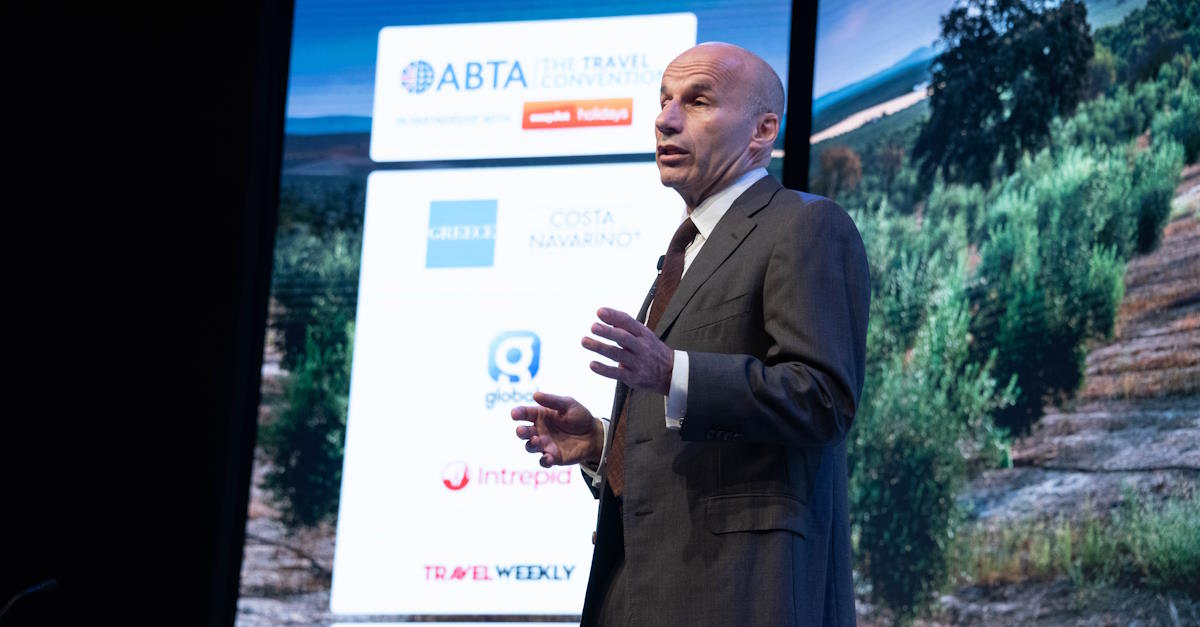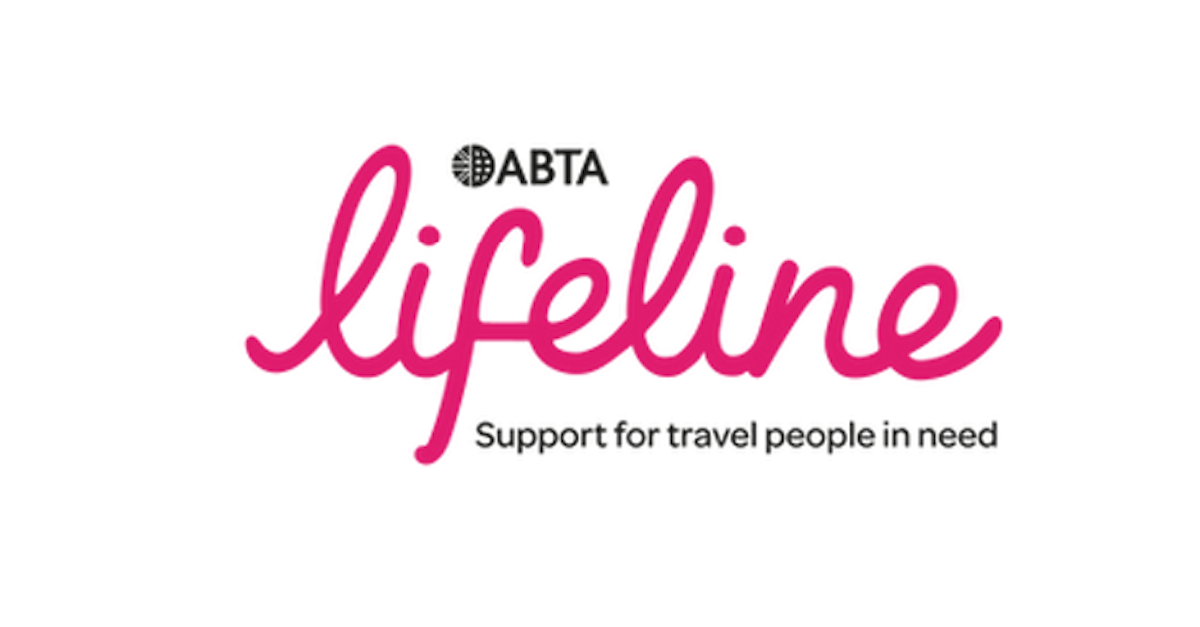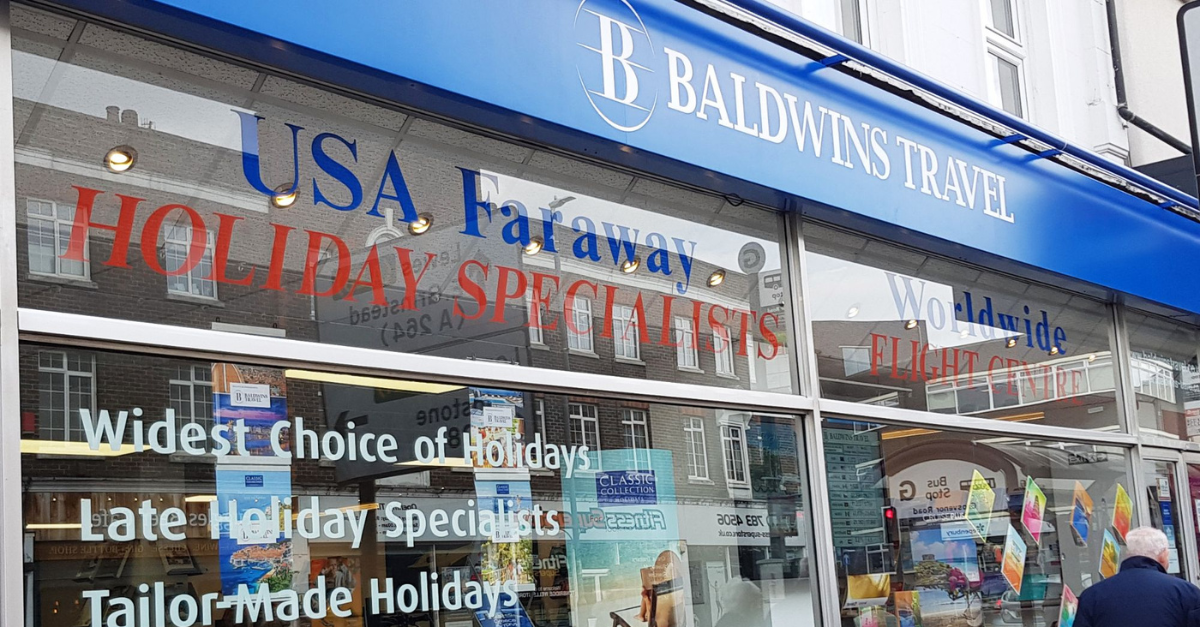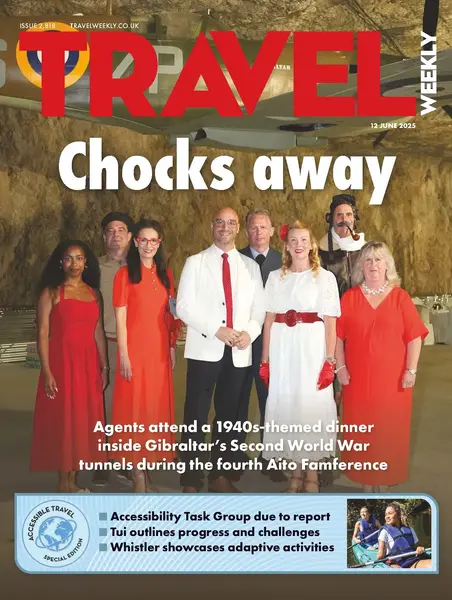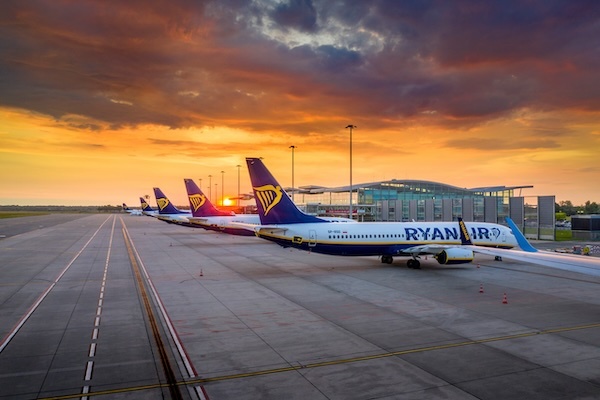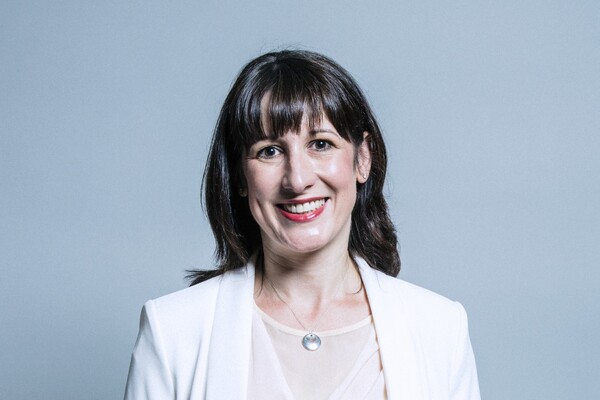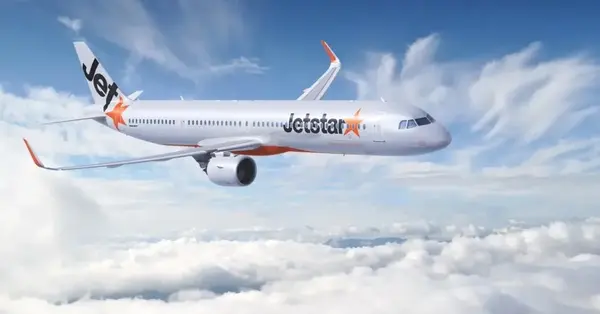You are viewing 1 of your 2 free articles
Travel fraud on rise despite efforts to counteract criminal activity
The travel industry is a target for fraudsters and the incidence of fraud is on the rise despite measures to reduce criminal activity online.
That is the view of a fraud prevention specialist at a major European tour operator who told the ECTAA Travel Payment Summit in Brussels: “We are an industry targeted for fraud. We see high crime activity.”
She highlighted card-payment fraud along with newer forms such as ‘voucher fraud’ following the pandemic, social network fraud and biometrics fraud, and added: “Inflight-sales fraud is huge at the moment. A customer purchases cigarettes and perfume with a card during a flight. Then when the aircraft lands, the card is declined.”
When travel businesses provided refund vouchers for cancelled holidays during the pandemic, she said: “People started to forge vouchers and book with them.”
She told the summit: “Don’t take card payments from a distance. There is a high risk of fraud when payments are from a distance.”
The specialist added: “We see a lot of social network fraud – people impersonating influencers and selling forged tickets.
“More and more people are also trying to commit fraud using biometrics. Digital face IDs are hacked and used to commit fraud.”
She suggested “there is a high risk of internal fraud”, with airlines subject to “a lot of fraud internally”. But she added: “Fraud is always shifting. You won’t be able to eliminate it, and the more you try, the less you sell.”
A senior executive at a fraud-prevention platform for online retailers told the summit: “The key is to work together. A lot of fraud is localised. Fraudsters go from one business to another.
“It’s far more effective when you share data. You can stop someone in their tracks.”
The executive noted strong customer authentication (SCA), which requires two forms of ID for online payments, had made the fraudulent use of cards more difficult in the EU and UK, but said: “The fraud has been pushed to markets that don’t have strong customer authentication – the Middle East and Latin America.”
She also warned: “People say ‘Open banking has no fraud’, but there is fraud and there is no chargeback protection.”
‘Open banking’ allows the sharing of customer financial data to cut the cost of payments, while chargebacks allow consumers to seek transaction repayments.
The fraud session at the summit was held under Chatham House rules, meaning speakers cannot be identified.


